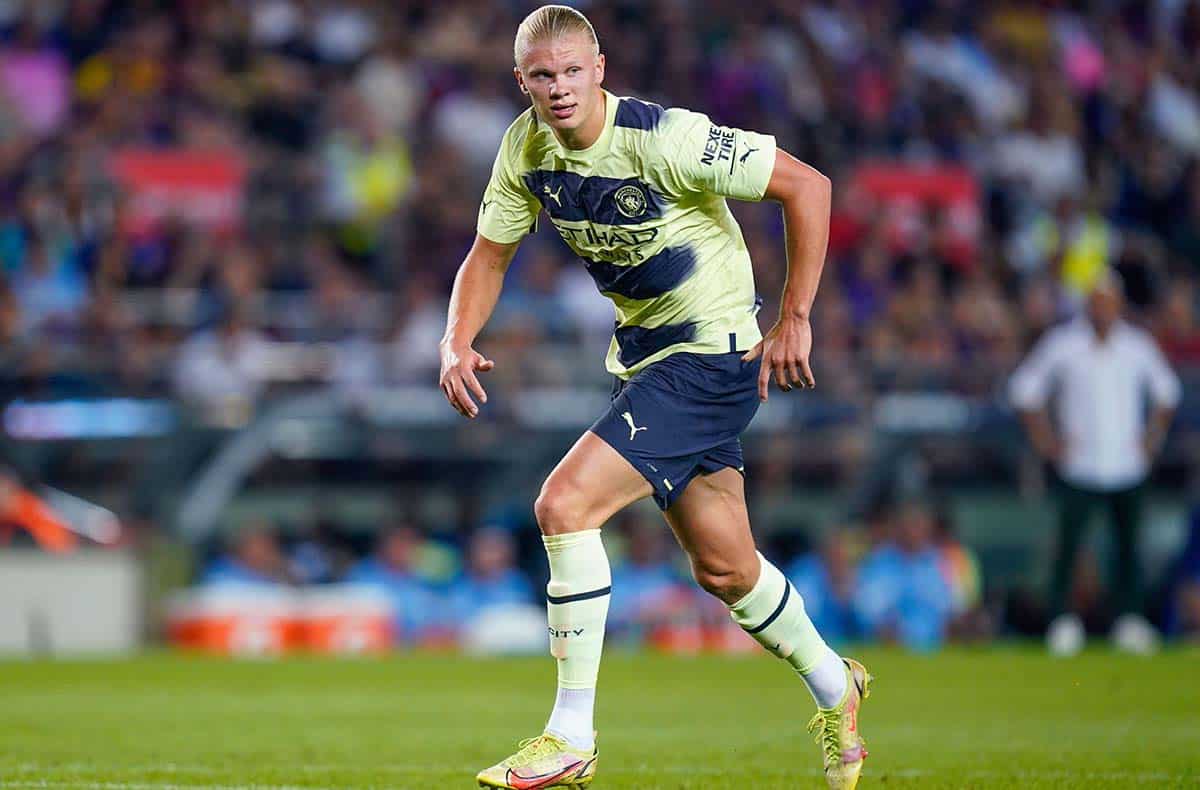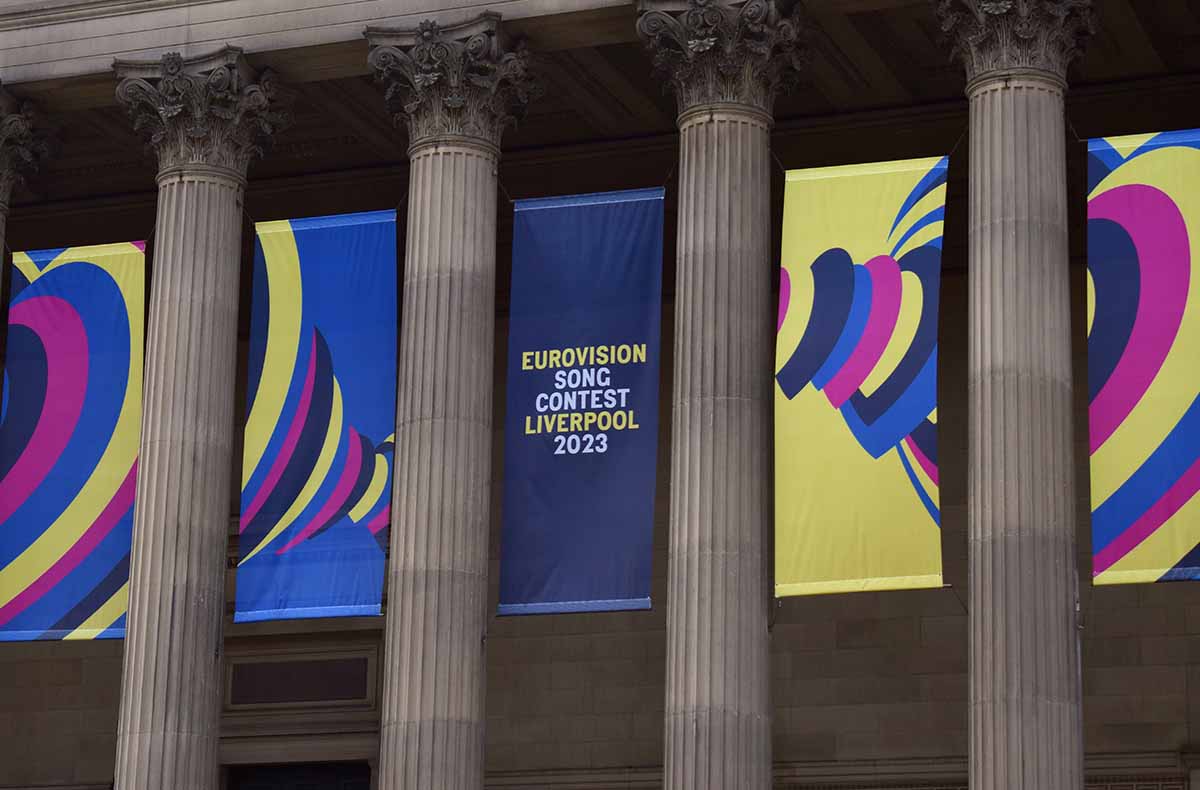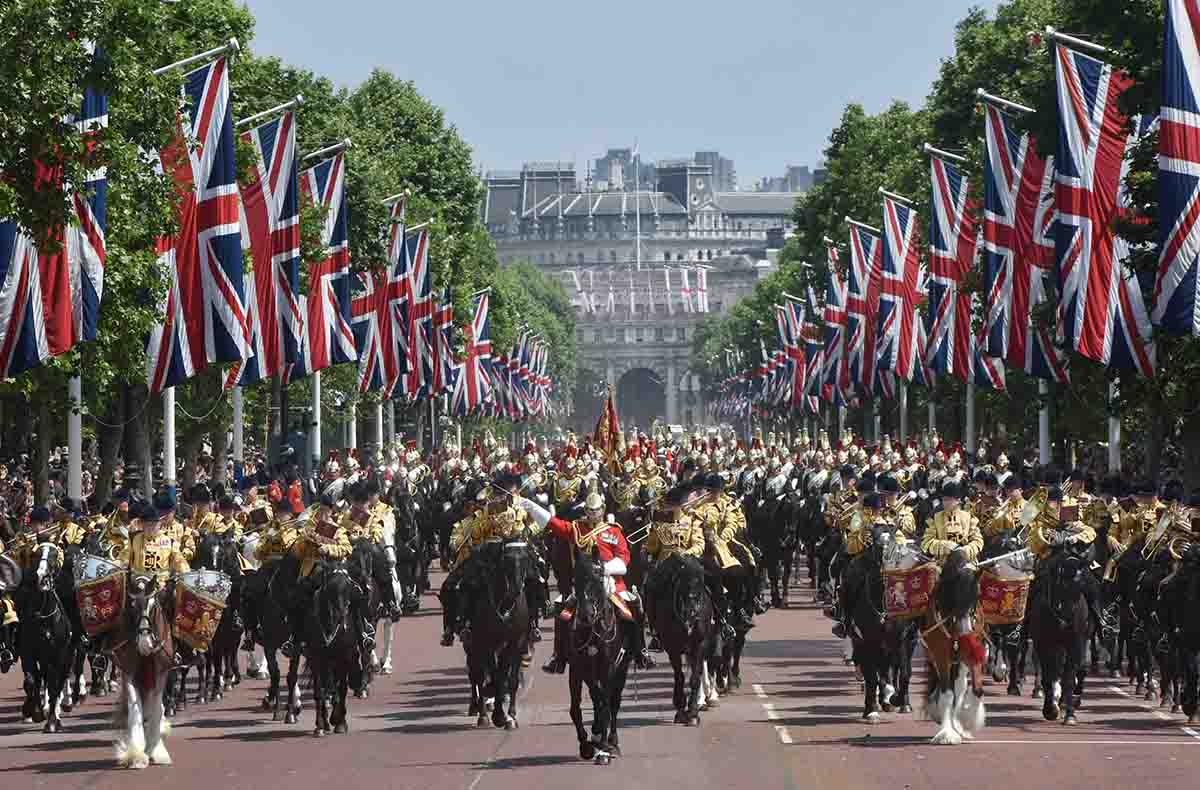
Erling Haaland is a gamechanger. In every sense of the word.
The Norway striker signed for Manchester City in the summer and has had a sensational impact. He has racked up 15 goals in his first 10 Premier League matches.
This is a remarkable start. It puts him on pace to score 57 goals in a 38-game season. That would smash the record for a campaign of the same number of matches. (By comparison, Mohamed Salah, the Liverpool forward, leads the field after hitting the net 32 times in 2017-18.)
English soccer existed long before the Premier League. The goalscoring mark that has long been considered impossible to beat was William “Dixie” Dean’s 60 in 1927-28. England’s National Football Museum opines: “It is unlikely that his record will ever be broken.” Haaland is already knocking on the door.
Dean’s feat has been an outlier in the game. The reason is simple. In 1925 the offside rule was changed. Defenders struggled to cope with the new development. Teams eventually adapted but even in the chaotic early days of the new regulation, no one came close to Dean’s benchmark.
Haaland has the potential to break new ground. He is 22, 6ft 4in and a bundle of muscle. Opponents bounce off him. His pace and movement are bewildering for markers. And he has an attribute that no one can coach: the knack of putting the ball into the net, even from unlikely positions.
When it became clear that he would leave Borussia Dortmund, every big club in Europe joined the queue to bid for him. City were at the forefront for a number of reasons. The striker’s father, Alf-Inge, played for the Manchester outfit. The club have been Premier League champions for four of the past five seasons. And then there’s the money.
City are one of the three richest teams in soccer. They are owned by Sheikh Mansour bin Zayed Al Nahyan, the deputy Prime Minister of the United Arab Emirates and a member of the royal family of Abu Dhabi. The other two wealthiest clubs are also Arab owned. Paris Saint-Germain are the property of Qatar Sports Investment and Saudi Arabia’s Public Investment Fund has an 80% stake in Newcastle United.
The City takeover in 2008 heralded a new era for soccer. Mansour was not a boyhood fan or even an investor looking for returns. What he wanted was to use soccer to enhance Abu Dhabi’s reputation.
There are two ways of looking at this. The more generous interpretation is that it was an implementation of “soft power.” A less favourable analysis is that this is an exercise in ‘sportswashing,’ an attempt to use the glamour of the game to deflect from unsavoury aspects of life in the Middle East.
Many inside the game view the state intervention in ownership as an existential threat. Last week, before his team’s match against City, Jurgen Klopp, Liverpool’s manager complained that “there are three clubs in world football who can do what they want financially.” City’s response came after their 1-0 defeat and escalated the row. They accused Klopp of “borderline xenophobia.”
This is a widening fault running through the sport. A transformative earthquake is just around the corner. It will likely come in the form of a European Super League.
Where does Haaland fit into this? His signing may well be the tipping point that escalates soccer’s internal conflicts. Traditionally, the most sought-after transfer targets headed to Real Madrid and Barcelona. The Spanish giants had more money, a more attractive lifestyle and a greater chance of winning trophies. Cristiano Ronaldo learnt his trade at Manchester United but as soon as he reached his peak, the Portuguese superstar decamped to Madrid. England’s biggest club was too small for Ronaldo.
A decade ago, Haaland would have headed for the Spanish capital. City, who have never won the Champions League, would not have been on his radar. Until 2008 they were the poor relations in Manchester and a second-level team in England. Since then they have transformed the landscape. The recruitment department at the Etihad stadium has an almost inexhaustible pool of cash. City paid £51 million ($58.23 million) to Dortmund for Haaland’s services but that is only the beginning of the investment in the player.
Payments of £34 million ($38.84 million) were split between Haaland’s agent and his father and the centre-forward has become the highest-paid player in the Premier League, earning £865,000 per week ($988,000).
A precedent has now been established. The best, most desirable footballers now see City as their first-choice destination. Rival clubs have no faith that Uefa, European soccer’s ruling body, has the appetite or the power to restrain this sort of spending. And the established elite are scared.
The way out of this for the likes of Real, Barcelona, Juventus, AC Milan, Bayern Munich, Liverpool and United is a new breakaway league with strict spending caps in the style of American sport. They tried this last year but the initiative failed amid a public and political backlash. City were involved but were lukewarm about the project. Real, Barcelona and Juventus are preparing a new effort and it will find favour—if not explicit support—in the directors’ boxes of the big English clubs.
Every goal that Haaland scores will edge the plotters forward. He is the confirmation that City can, and will, buy the best player in the world and surround him with team-mates of the highest calibre. The longstanding allure of Europe’s soccer aristocracy has finally been overridden.
The Norwegian is a joy to watch. Unless you are one of the traditional powers. Or believe in competitive tension. Led by Haaland, City could easily win 10 Premier Leagues in a row. The Champions League is their next target. No wonder fear stalks the boardrooms of Europe.



